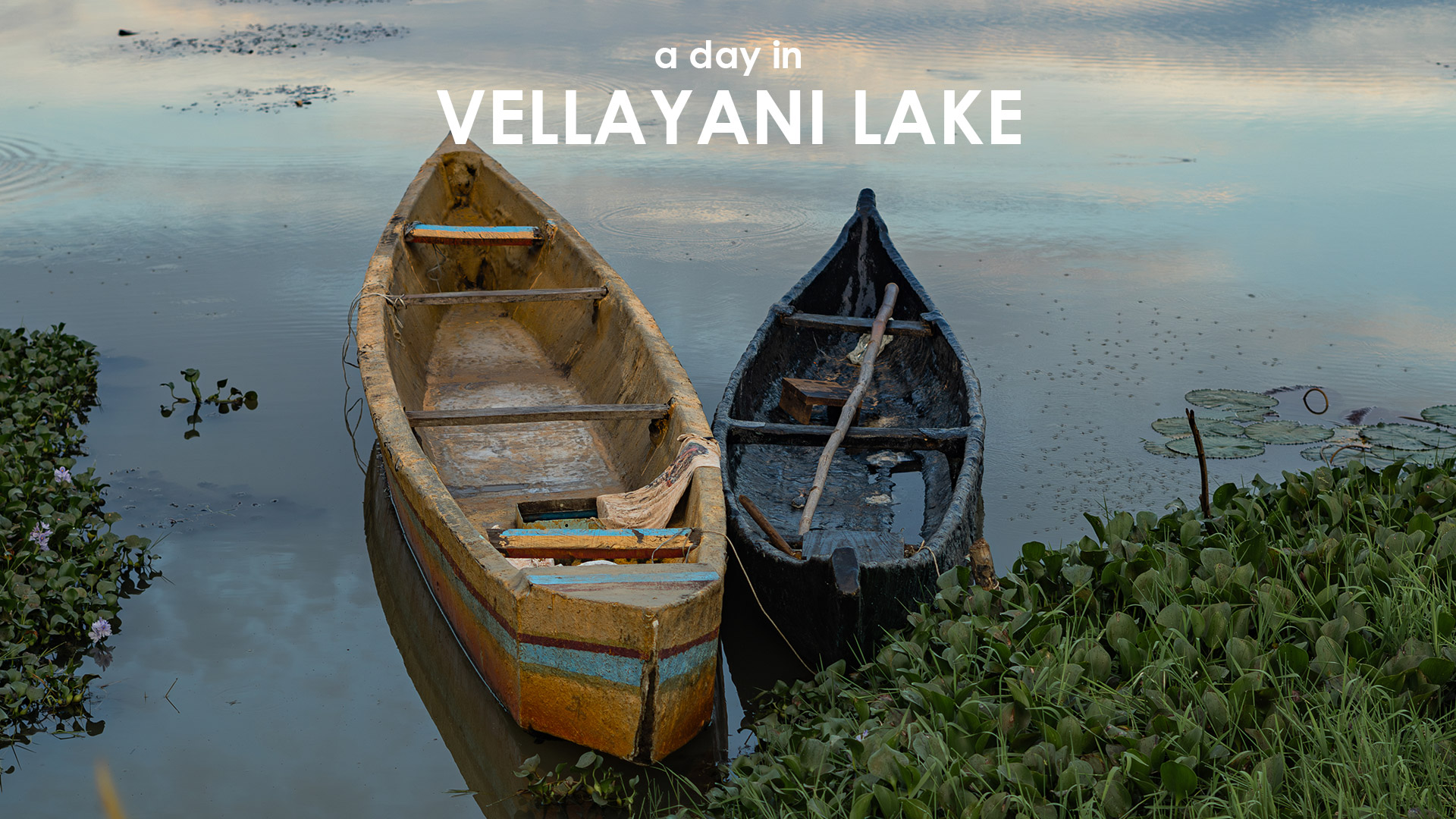
Vellayani Lake: A Serene Escape Near the CityVellayani Lake
It’s been a while since I came back to Kerala, gods won the country and my won land. Instead of staying in my home, I decided to stay close to Trivandrum city. For me and my partner, it was not a vacation, I want to stay close to the city but at the same time I want to be away from the city hustle, finally, I decided to stay close to Vellayani Lake, a peaceful place not far from the main points, it is nearby the international airport, Trivandrum central railway station and Kovalam. I was right it was a perfect place for us, with fresh air and less noise. Mostly every day we visited the lake after our busy life at work, walking along the side of the lake, on a bund that separates the lake from the agricultural field, every step we took was calm, nothing much more worried about other things. Normally we go for tea in a shop near Keridam bride which serves delicious banana plater with tea, my wife likes that a lot. Sometimes we take the snacks in hand and sit on the bridge or a small tree forest near the bridge, many new brides and grooms come over here to take pictures for their lifetime memory, a magnifying lake, and nearby areas. Also, I like to sit over here because of its silence and birds. If you like this combination visit this place, this lake is home to thousands of birds .woww amazing colors on them and their sounds heal everything in you. We normally talk to fishing people in the lake, they are so friendly. So many people come over here to relax and make a day out with family. And in my experience, the best time to visit this place is early morning and evening, because near the lake there are no trees and shade. Also, take a small boot and ride inside the lake, like other places in kerala there is no rush for backwater adventure here, but I think everyone should explore the freshwater life here.
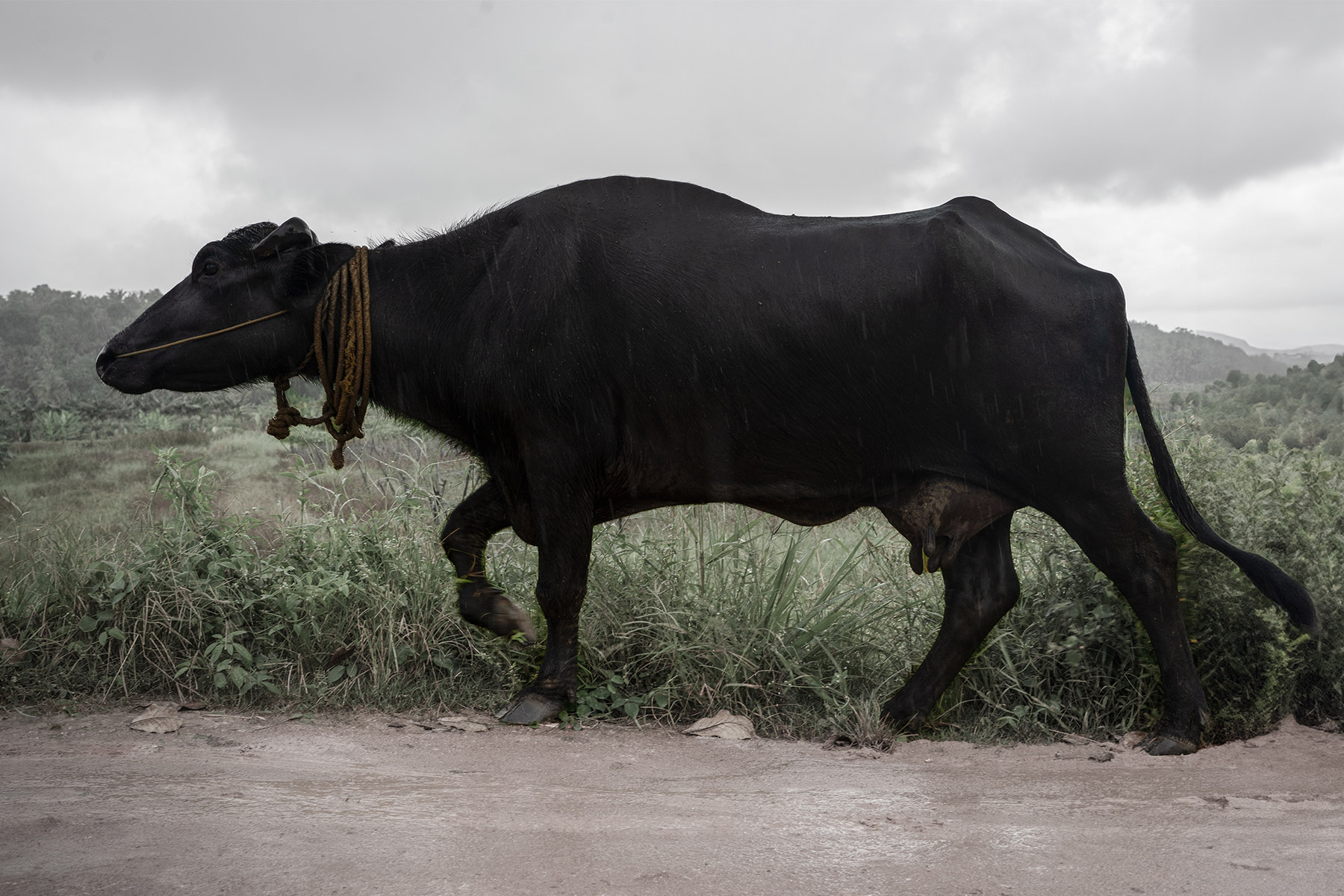
1.vellayani lake
The lake’s biodiversity supports a variety of wildlife, including different species of birds, fish, and plant life. It’s a great spot for birdwatching, especially during migration seasons. During my visit to this lake, I was able to see a lot of birds and mostly I don’t know the names of them.
Mostly I liked Kingfisher and Egles It’s a home for flora and fauna in a busy city.
Fishing is a common activity here, by the locals and visitors and you might see traditional fishing techniques being practiced here. They go inside the water with bamboo sticks connected with thread and hooks, some time’s they use small boats.
Boating in the lake, Visitors can enjoy traditional boating which is called vallam while visiting the place. Local vendors are renting out boats for an hour around the lake. I spent 500 ruppies for a ride and it was a good experience. You’ll be mesmerized by the breathtaking reflections of the surrounding landscape, especially during the magical sunrise and sunset.
While the once-abundant lotus flowers may not be in full bloom during your visit, But their significance remains. These flowers and leaves, harvested for the local market, showcase the intricate connection between the lake and the lives of the surrounding community.
do not take you cars after the bridge which enters to the lake, there is no road after that is a bund which saprates the lake from the agricultural land there is high chance you can stuck in between
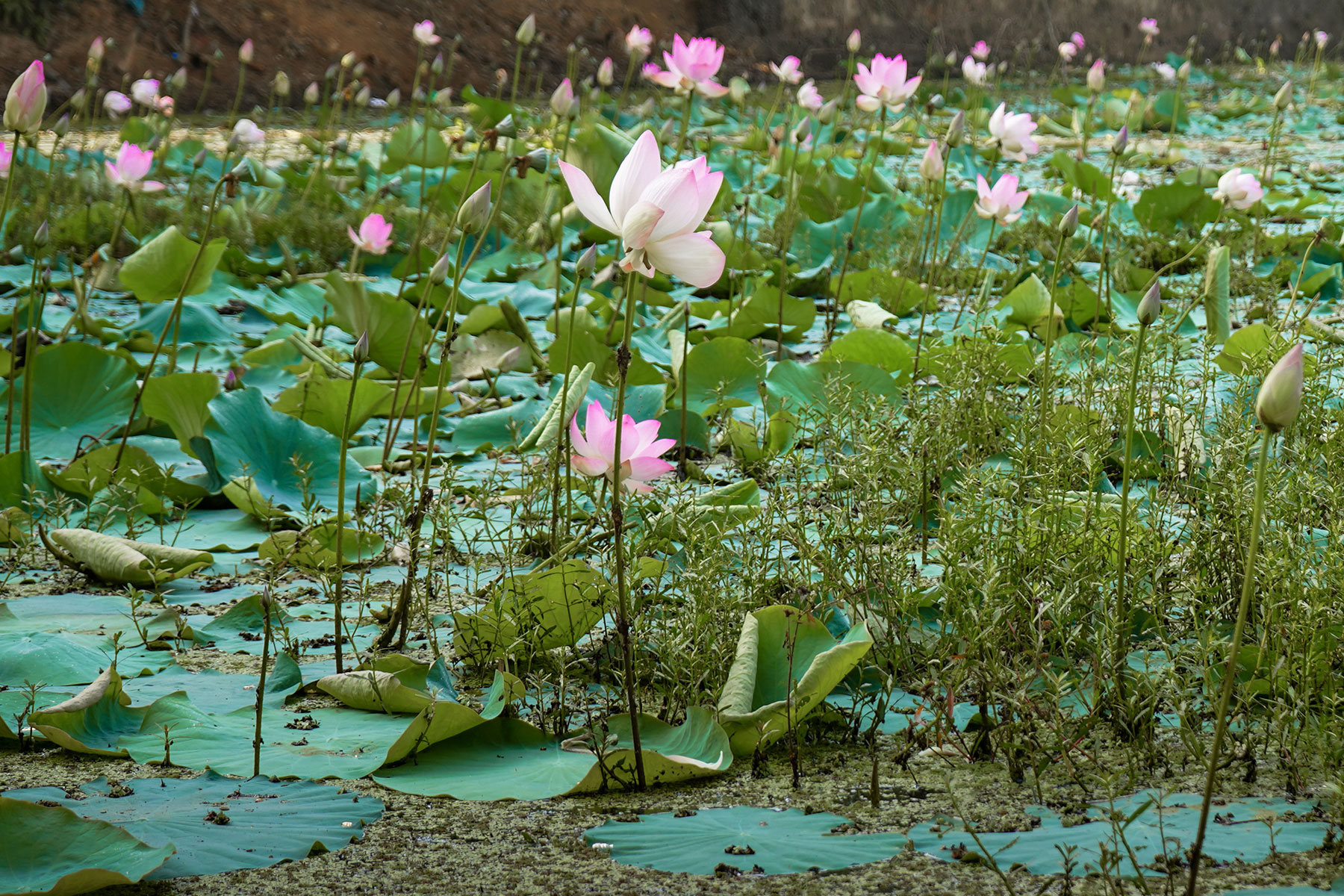
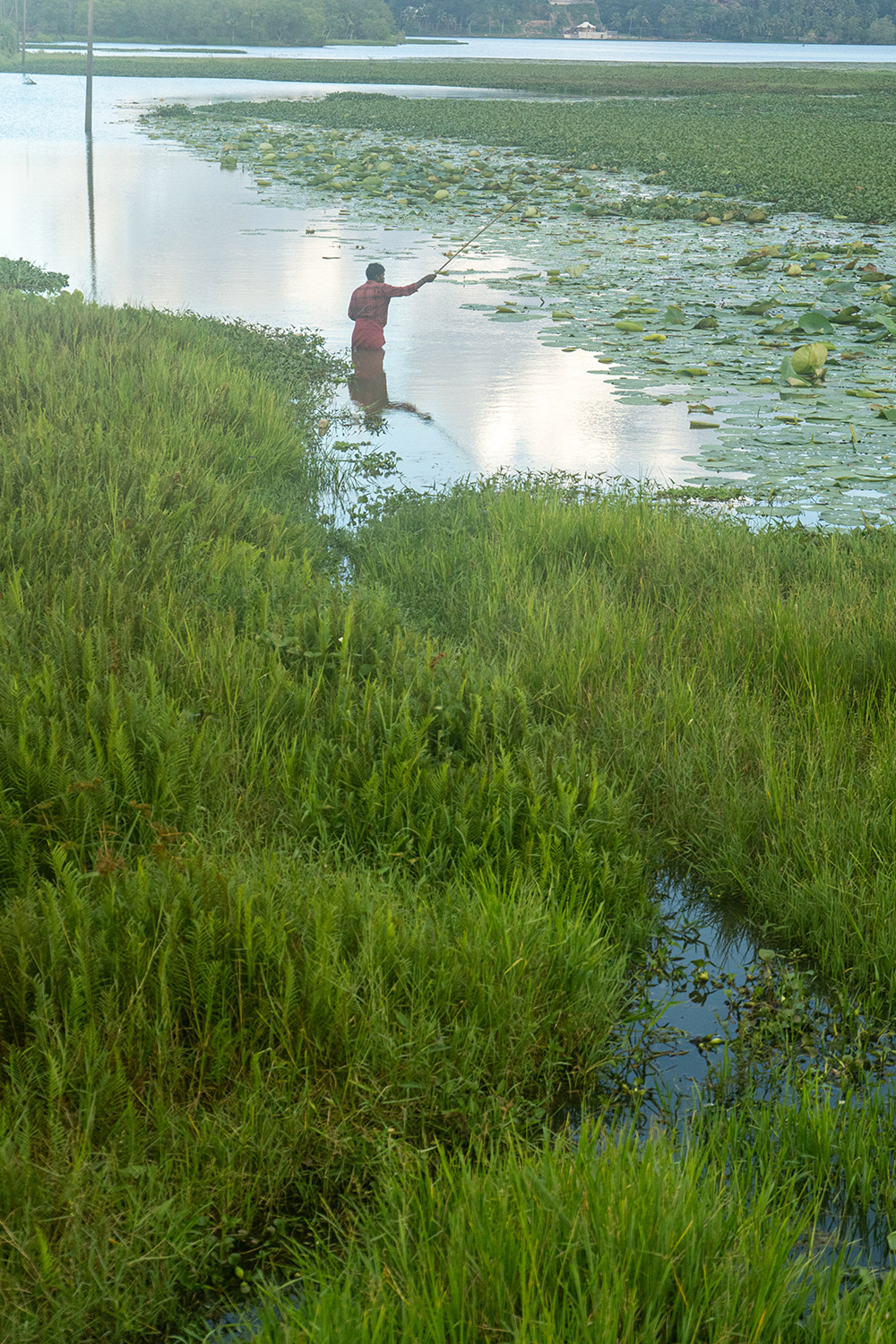

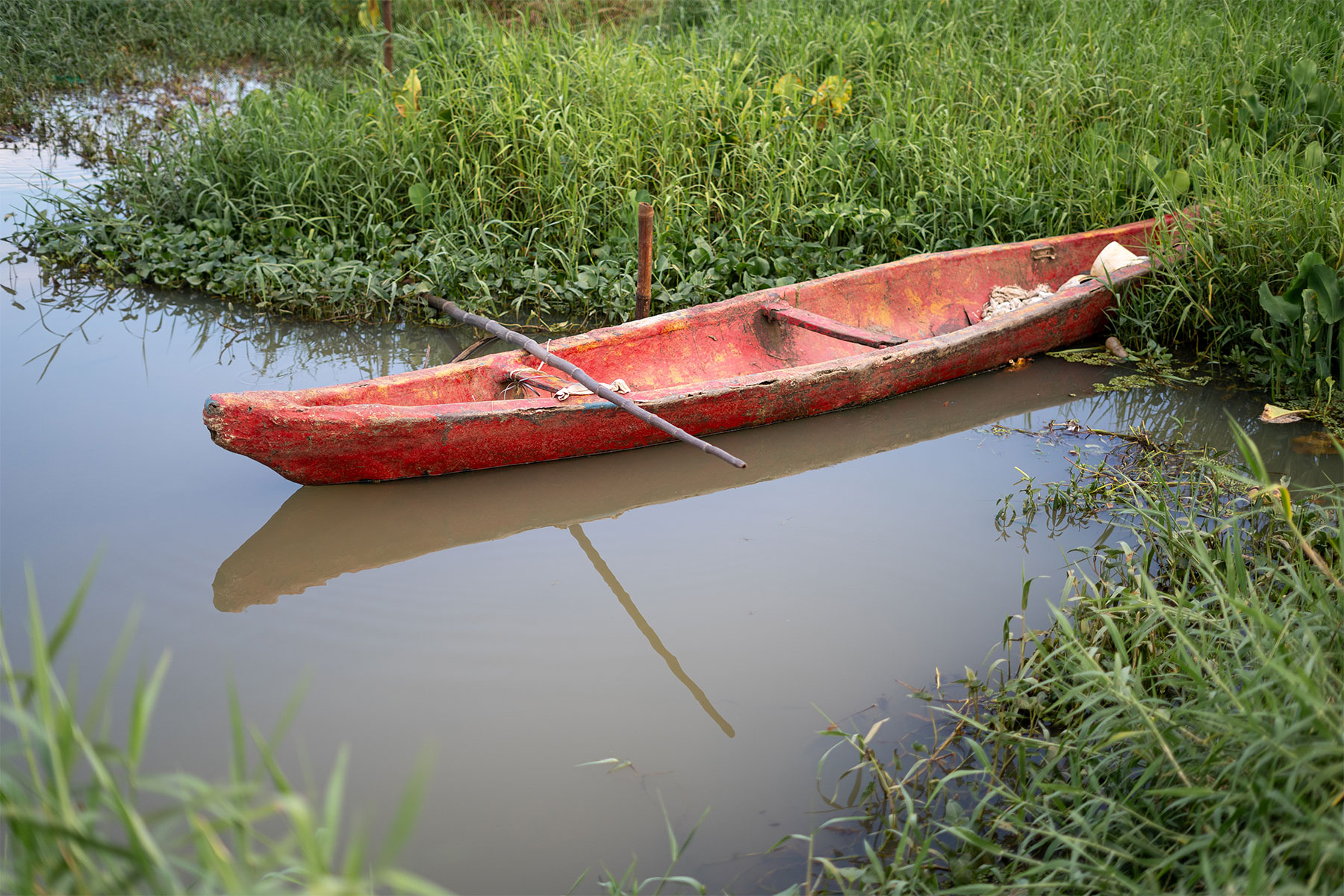
2.keridam bridge
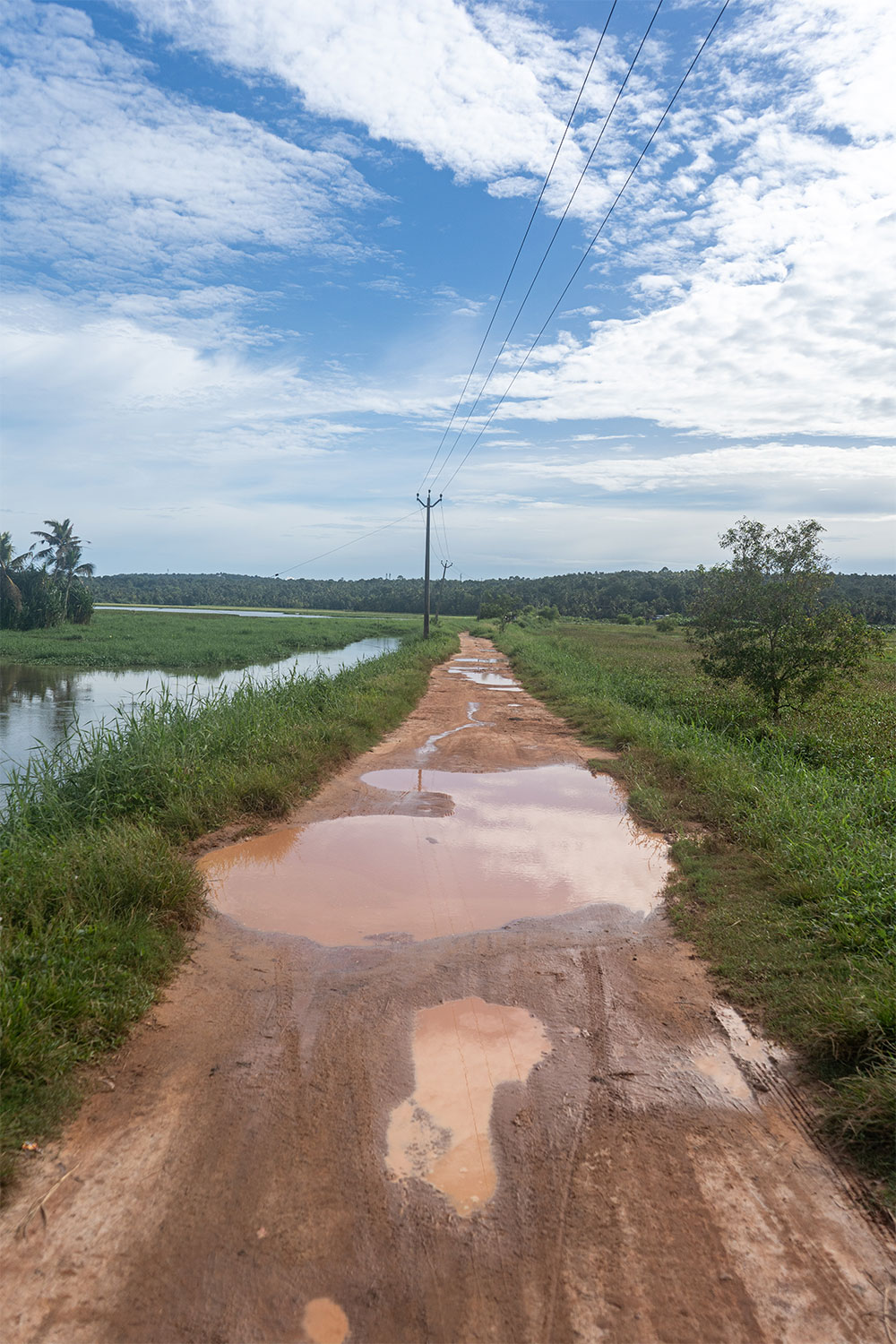
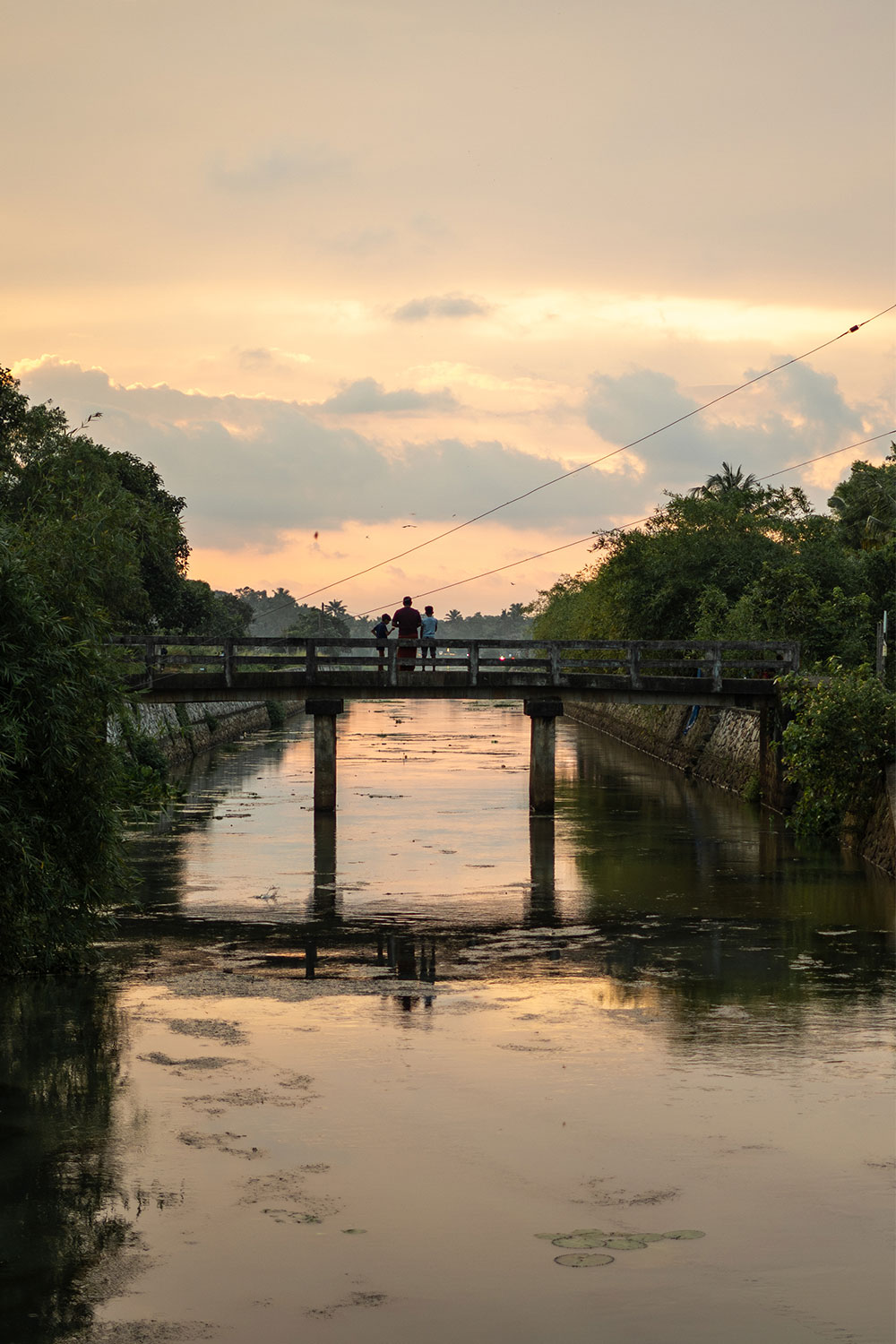
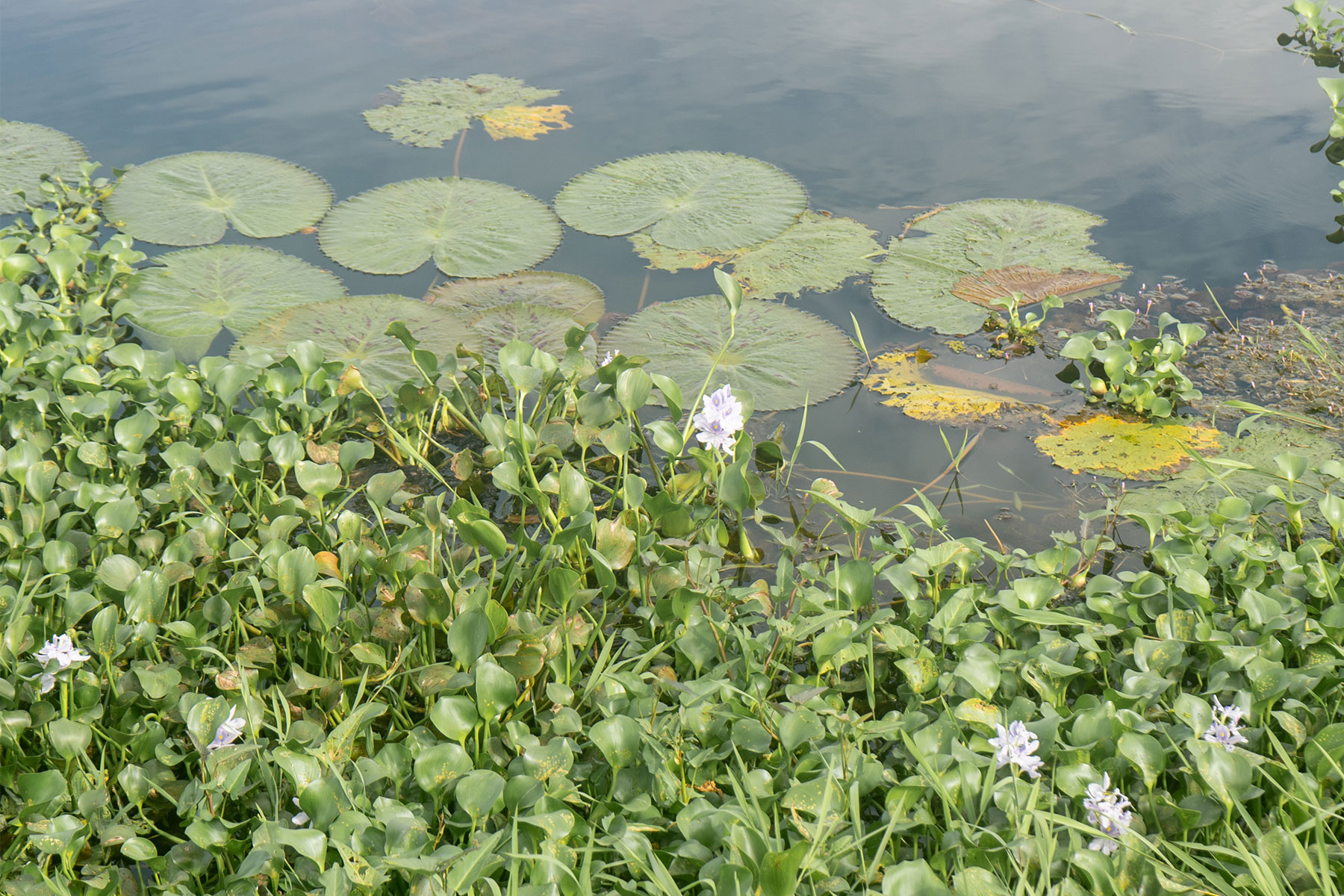
The Kiridam Bridge, located in Vellayani Lake, Thiruvananthapuram, Kerala, is an old bridge that is situated above a channel that joins the lake. Now there is a new bridge please don’t confuse each other, the small bridge that connects to the trees around the lake is the Kiridam Bridge.
This bridge got its name and fame after a Malayalam movie, which was shot over here, Keridam a classic Malayalam movie in which Mohanlal was the central character. The sequence on the bridge was so emotional and the nature around the lake gave a stunning boom to it. from that day on words, the bridge got its name,
and this is my personal experience, taking tea from the nearby shop
I walked to the bridge, having tea, and watching the sunset was mindblowing,
if you are a Malayali the song from the movie will come to your mind. You will have a smile on your face.
3.irigation and agriculture
Vellayani Lake serves not only as a stunning natural landmark but also as an agricultural hub for the communities surrounding it. The lake, the largest freshwater in Thiruvananthapuram, plays a major role in the local ecosystem, influencing both agriculture and the livelihoods of the people around it.
Vellayani Lake is an important source of irrigation for the agricultural lands that border it. The lake’s waters support a diverse range of crops, with rice being the predominant crop cultivated in the surrounding fields. The fertile soil, enriched by the lake’s nutrient-rich waters, creates an ideal environment for various agricultural activities.
In addition to rice, farmers in the Vellayani region grow a variety of other crops, including vegetables, fruits, and spices. The local climate, characterized by its tropical monsoon weather, allows for multiple cropping seasons, enabling farmers to maximize their yield throughout the year. The best thing is many farmers engage in organic farming, reducing reliance on chemical fertilizers and pesticides,they are instead utilizing natural methods to enhance soil health and crop productivity. College of Agriculture Vellayani also makes significant studies on agriculture.
Despite the advantages provided by Vellayani Lake, agricultural practices face challenges. Climate change, water pollution, and the encroachment of urban development threaten the delicate balance of the ecosystem. Farmers are increasingly aware of the need for sustainable practices to ensure the longevity of their crops and the health of the lake.
Community initiatives focused on conservation and sustainable agricultural practices are gaining traction. Workshops and training sessions educate farmers on organic methods, water conservation, and eco-friendly pest management, fostering a deeper connection to the land and its resources.
have some local food and wine (kallu) natural drink from coconut tree, from the near by restorents
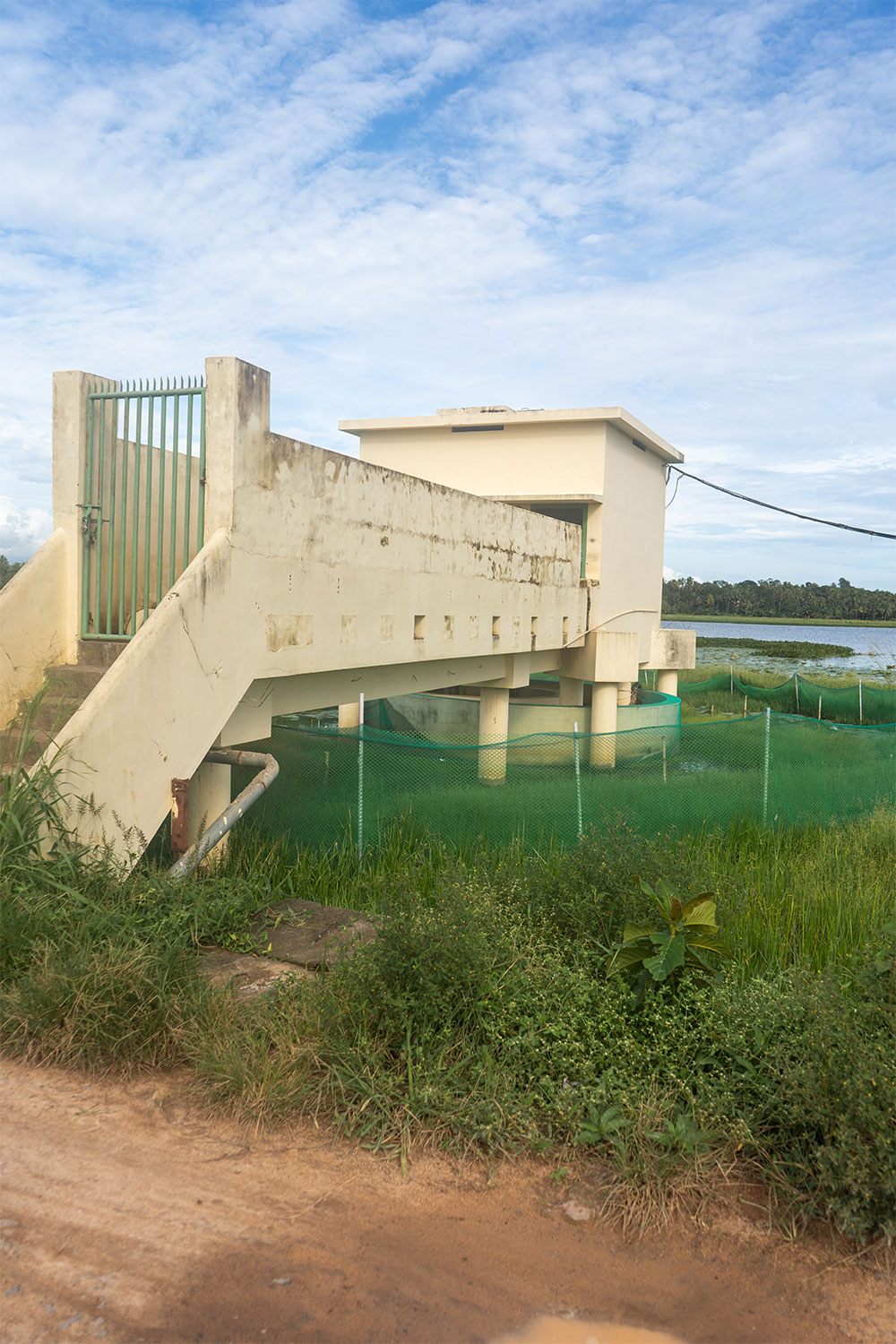
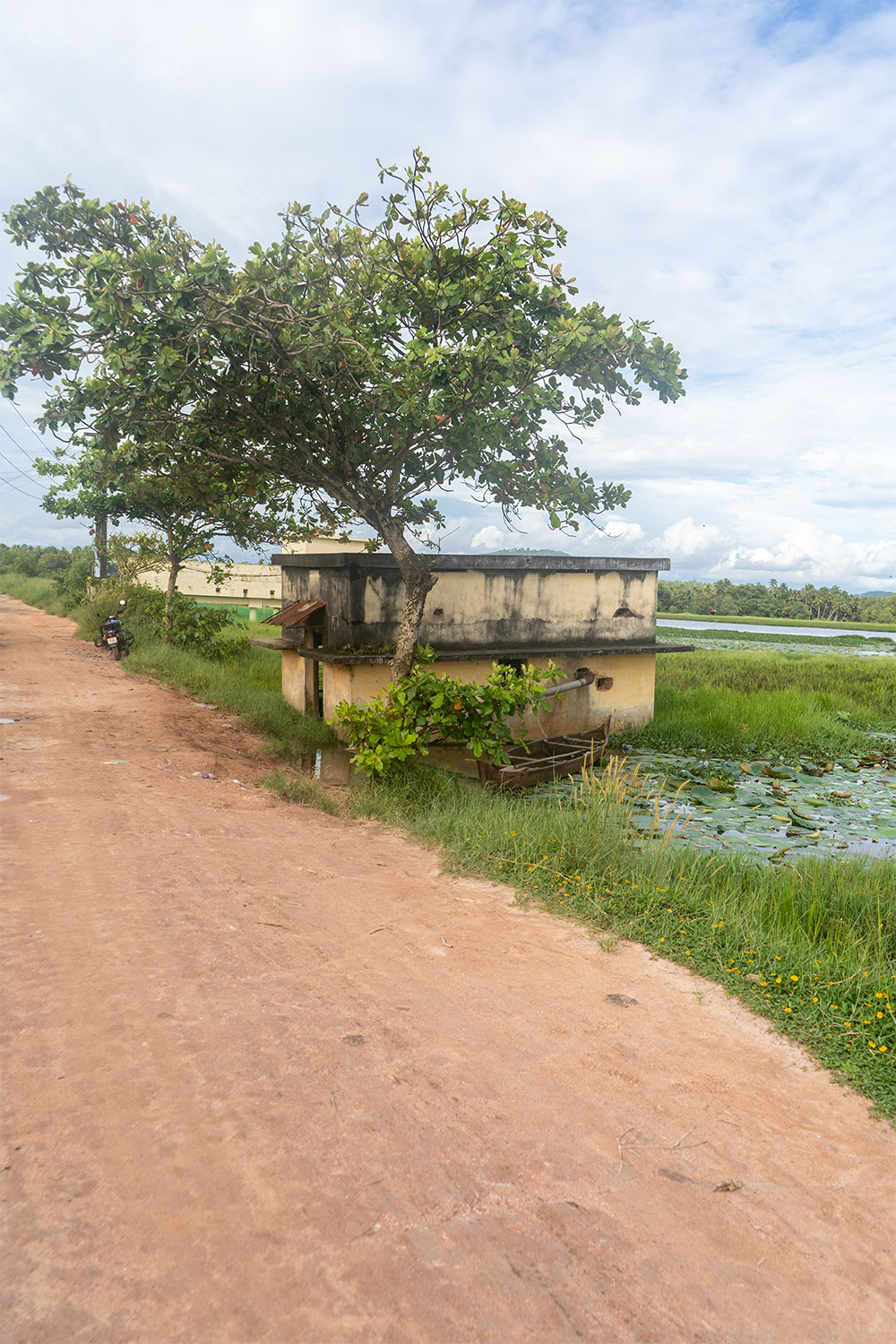
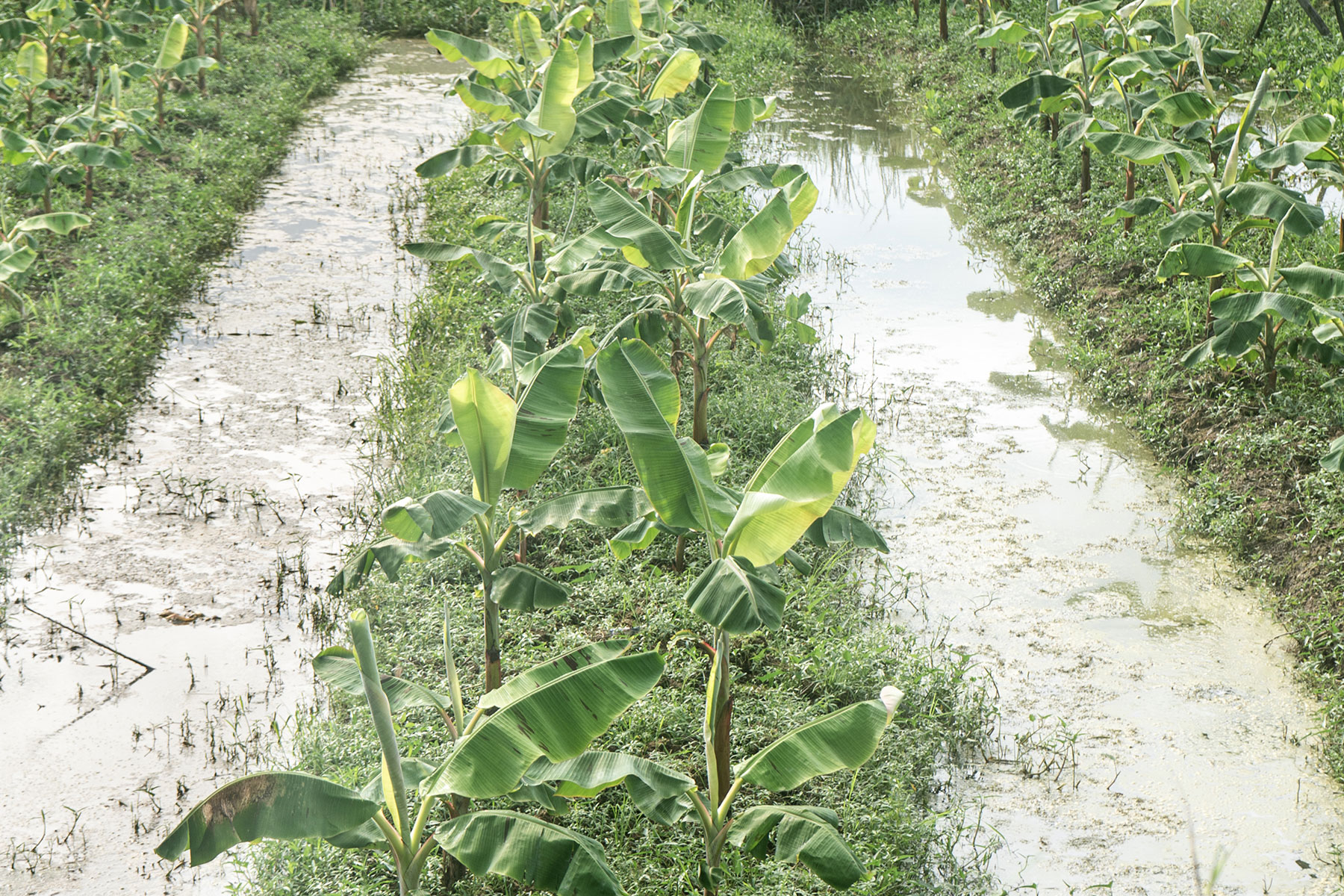
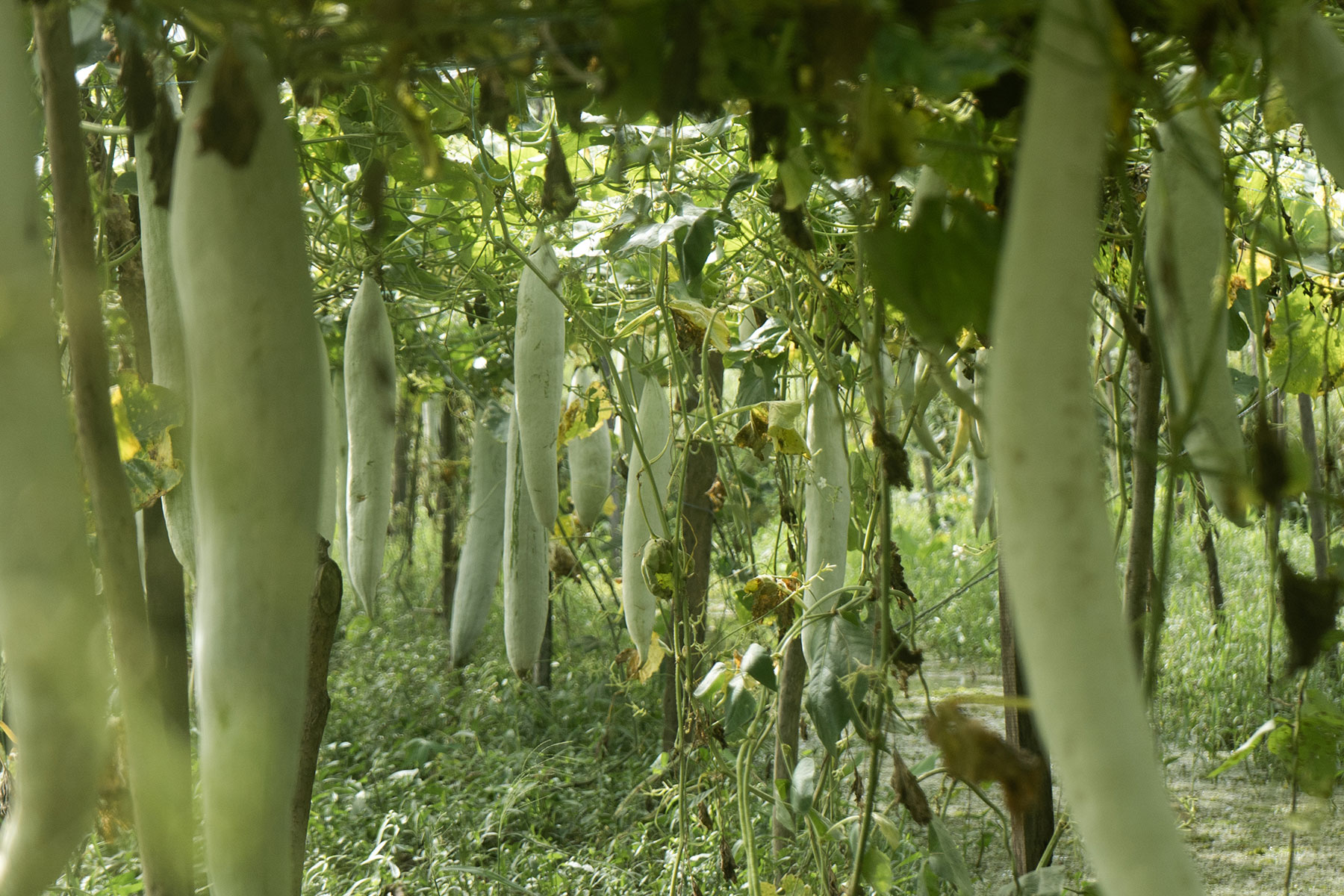
support us on youtube
hi are you on Pinterest? consider pinning our article so that you can find it easyly
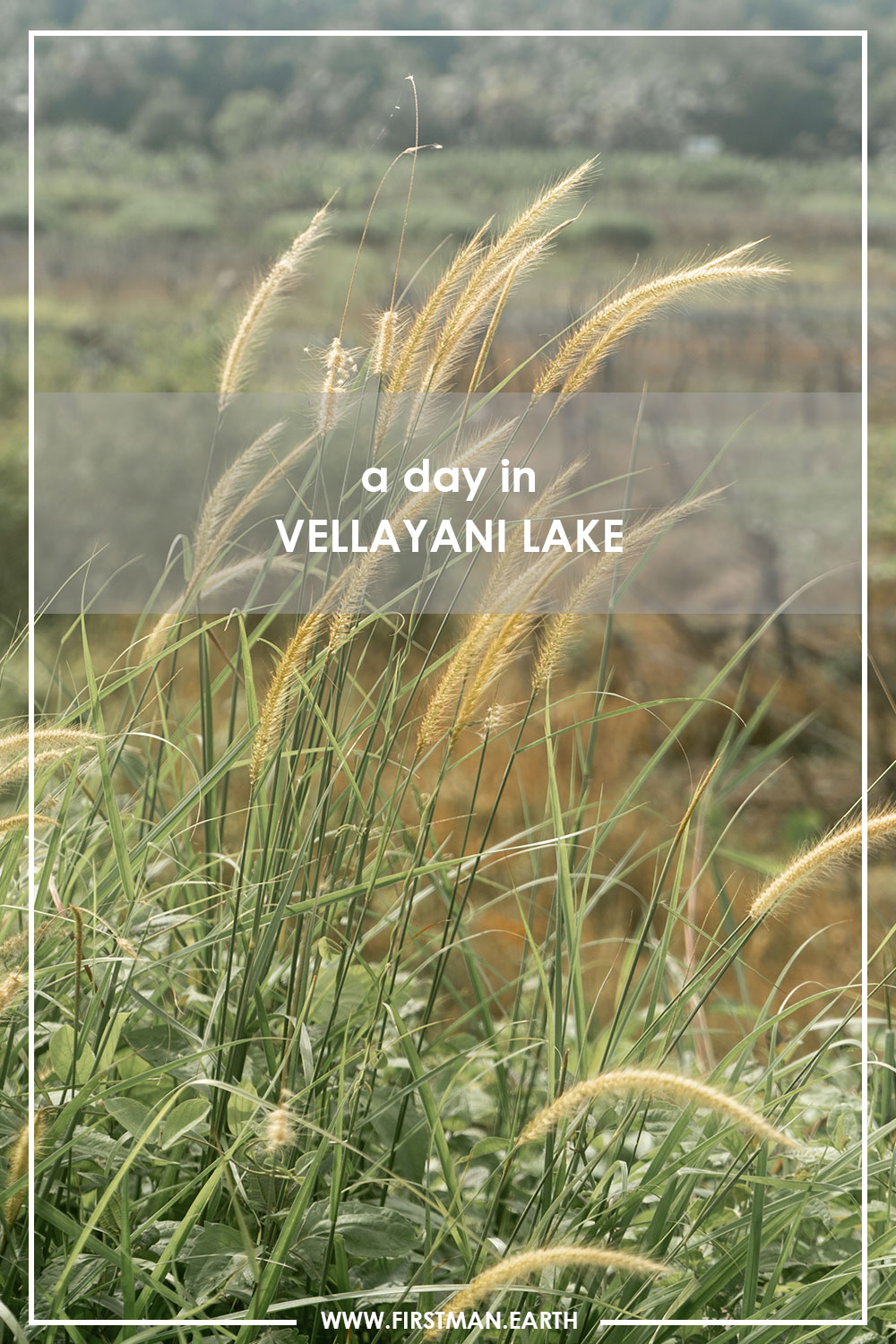
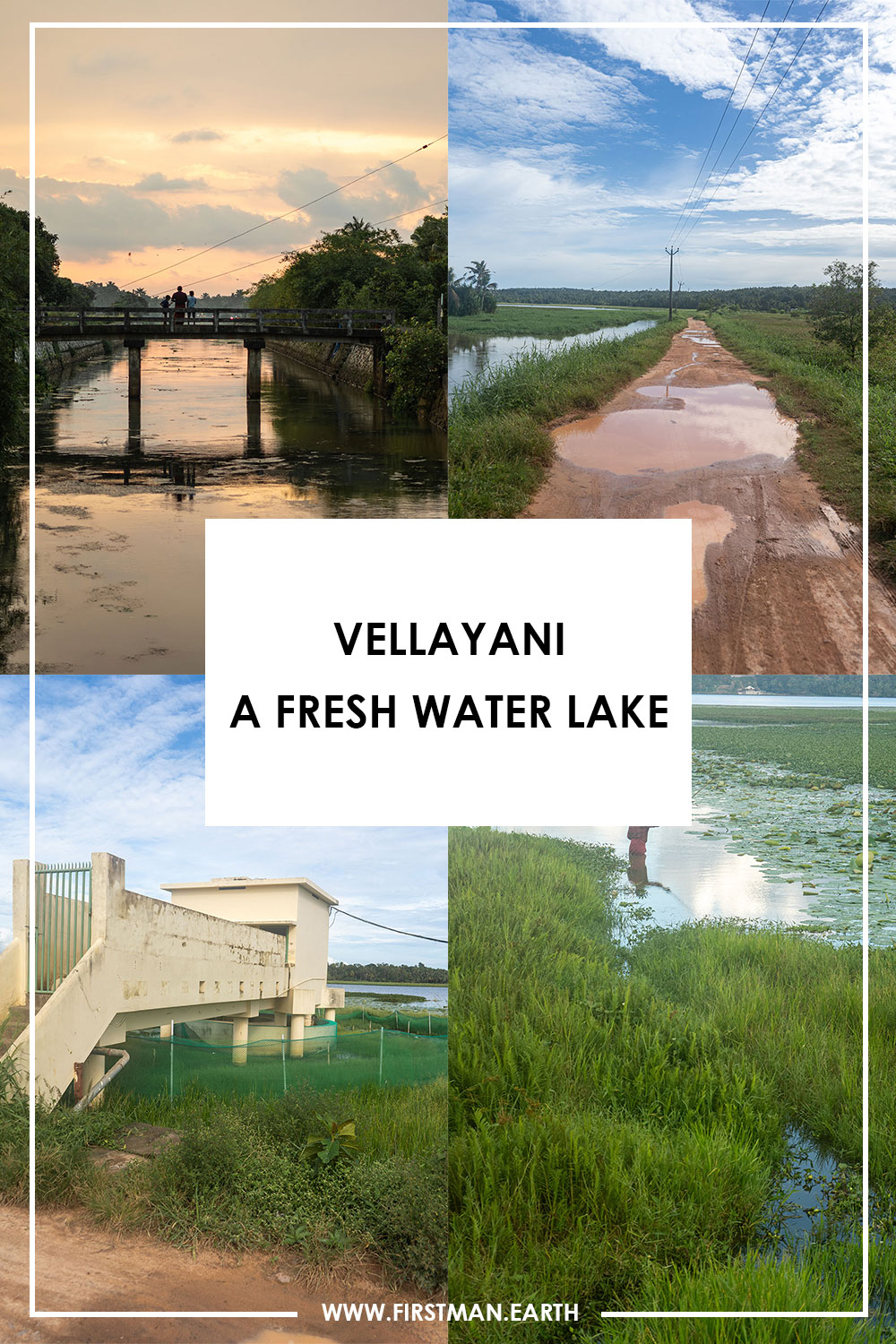
this is my travel through the back waters of kerala
thank you
Rahul






